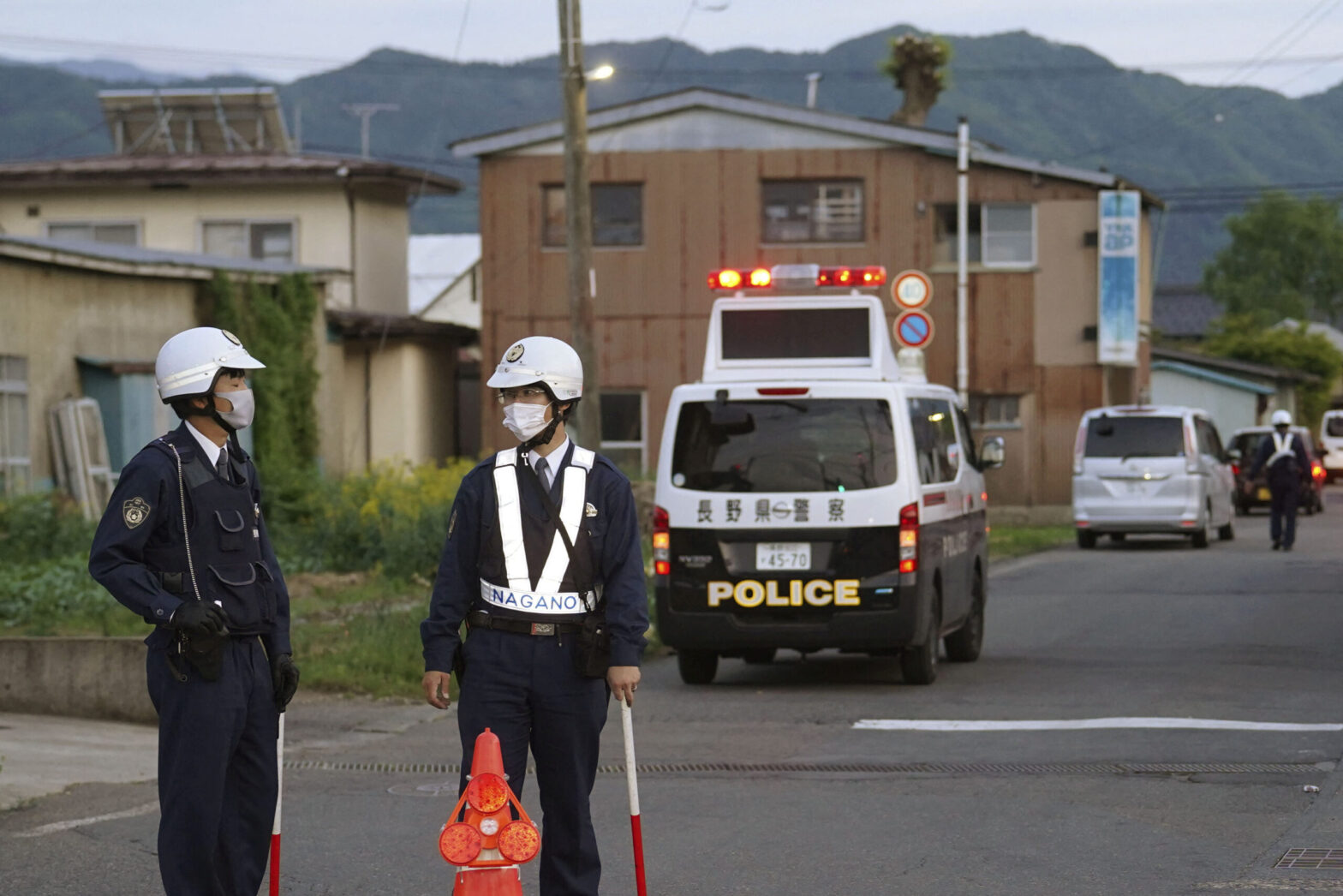In Japan, crime is evolving in ways that mirror the speed and fluidity of the digital world. Law enforcement is now confronting a new breed of criminal network known as “tokuryu” groups — loosely organized gangs that defy the old rules of the underworld. These networks do not wear the familiar face of the yakuza, with their rigid hierarchies, offices, and long histories. Instead, they emerge suddenly, strike quickly, and vanish before authorities can react.
Tokuryu groups are opportunistic by nature. They are made up of individuals who may never meet face to face, often brought together by encrypted chat apps, anonymous forums, or temporary online platforms. Some take part in one scam and disappear; others move on to the next scheme with a different group. This fluid structure makes them highly adaptable — and deeply frustrating for investigators trained to pursue traditional syndicates.
From Yakuza to Tokuryu: A Shifting Criminal Landscape
For much of the 20th century, Japan’s organized crime scene was dominated by the yakuza. These groups, while criminal, maintained a predictable order. They had offices, identifiable leaders, and even semi-public roles in their communities. Police could monitor them, infiltrate them, and use existing laws to track their activities.
But the steady decline of the yakuza’s power over the last two decades created space for new forms of crime to flourish. Crackdowns on yakuza membership, financial restrictions, and social stigma reduced the appeal of joining large syndicates. Younger criminals, raised in an era of smartphones and digital transactions, found new opportunities outside the rigid world of traditional gangs.
Tokuryu is the product of this vacuum. Rather than committing to a lifetime in one syndicate, participants can float from scheme to scheme, whether it is an online fraud targeting elderly citizens, a smuggling operation, or a cyber-enabled theft. This flexibility attracts individuals who want quick profits without the risks of yakuza loyalty or visibility.
How Tokuryu Operate
What makes tokuryu difficult to fight is their adaptability. Many operate in the shadows of legitimate online spaces. They recruit via encrypted apps, lure participants with the promise of “easy jobs,” and disappear once money is made. Unlike the yakuza, they leave few trails of accountability.
Common activities linked to tokuryu include:
- Special fraud schemes (tokushu sagi) targeting Japan’s elderly, often involving fake phone calls or phishing attacks.
- Money mule networks, where low-level recruits are used to move stolen funds across multiple accounts.
- Cybercrime, such as hacking, identity theft, and cross-border scams involving cryptocurrency.
- Street-level offenses, including shoplifting rings or drug trafficking, often coordinated online but executed offline.
Because tokuryu members are not bound by long-term commitments, these groups are constantly changing. Someone arrested in one fraud case may have only met their “partners” once or twice. That impermanence makes it nearly impossible for police to map out a hierarchy, as there often isn’t one.
Police Strike Back with Special Teams
Recognizing this threat, Japan’s police have created new task forces to dismantle tokuryu before they become entrenched. These squads are designed to move as quickly as the criminals they chase.
Traditionally, Japanese policing has been fragmented by jurisdiction, with each prefectural force handling cases within its own borders. Tokuryu, however, operate across regions and sometimes internationally. To close these gaps, the new teams are focused on intelligence sharing, real-time communication, and joint investigations.
For example, if a group of fraudsters operates in Tokyo one month and shifts to Osaka the next, the task force ensures that intelligence is not lost in the transition. Investigators are also receiving advanced training in cyber forensics, cryptocurrency tracking, and cross-border collaboration, since many scams stretch into Southeast Asia and beyond.
Officials describe the approach as a move toward “networked policing” — fighting loose criminal webs with agile investigative webs of their own.
The Digital Age of Crime
Experts warn that the rise of tokuryu is just the beginning of a broader shift in organized crime. As Japan becomes more digitized, from cashless payments to AI-driven communication, criminals will find new ways to exploit the cracks in the system.
One concern is that tokuryu could evolve into something larger: a hybrid criminal ecosystem where cybercrime, fraud, and physical offenses overlap. Imagine a group that recruits online, launders money through cryptocurrency, and uses street-level recruits for tasks like drug drops or theft. This convergence blurs the line between white-collar crime and street crime, creating new challenges for prosecutors and lawmakers.
Another challenge is public awareness. Many tokuryu scams target vulnerable groups, particularly the elderly, who may not be equipped to recognize online fraud. Even younger generations, confident in their digital skills, can fall victim to sophisticated schemes involving fake investment opportunities or phishing websites.
Preventing a New Underworld
Japan’s move to confront tokuryu now is not only about catching criminals — it is about shaping the future of law enforcement. If left unchecked, these groups could solidify into a new underworld as influential as the yakuza once were, but far harder to police.
The government is considering legal reforms to address gaps in cybercrime laws, improve cross-border cooperation, and regulate online platforms that can be misused by criminals. Public campaigns are also expanding, warning citizens about fraud and encouraging them to report suspicious activity.
At the same time, the fight against tokuryu raises questions about privacy, surveillance, and civil liberties. More aggressive monitoring of online spaces could help detect criminal activity, but it also risks overreach. Finding the right balance will be a defining issue for Japan’s justice system in the years ahead.
A Glimpse Into the Future
The rise of tokuryu groups reflects a global reality: crime adapts as fast as technology evolves. Japan’s challenge is not unique — countries around the world are grappling with similarly fluid, digital-first gangs that slip past traditional policing models.
For Japan, however, the stakes are especially high. A country once seen as relatively insulated from international crime is now confronting the same issues that dominate headlines in Europe and North America. The success or failure of its new task forces could offer lessons far beyond its borders.
As one police official put it, fighting tokuryu is like “chasing shadows on the internet.” The shadows may be hard to catch, but ignoring them risks letting an entirely new underworld grow in the dark.

